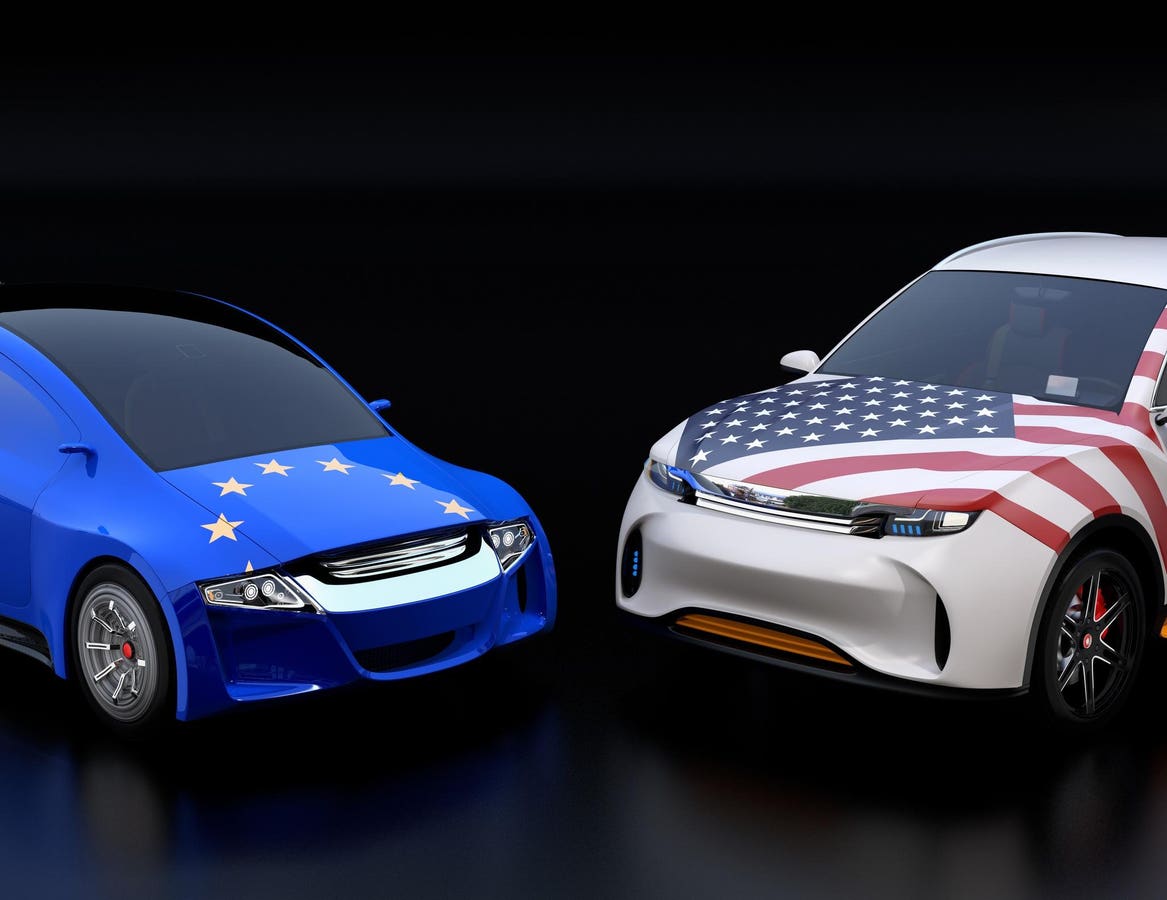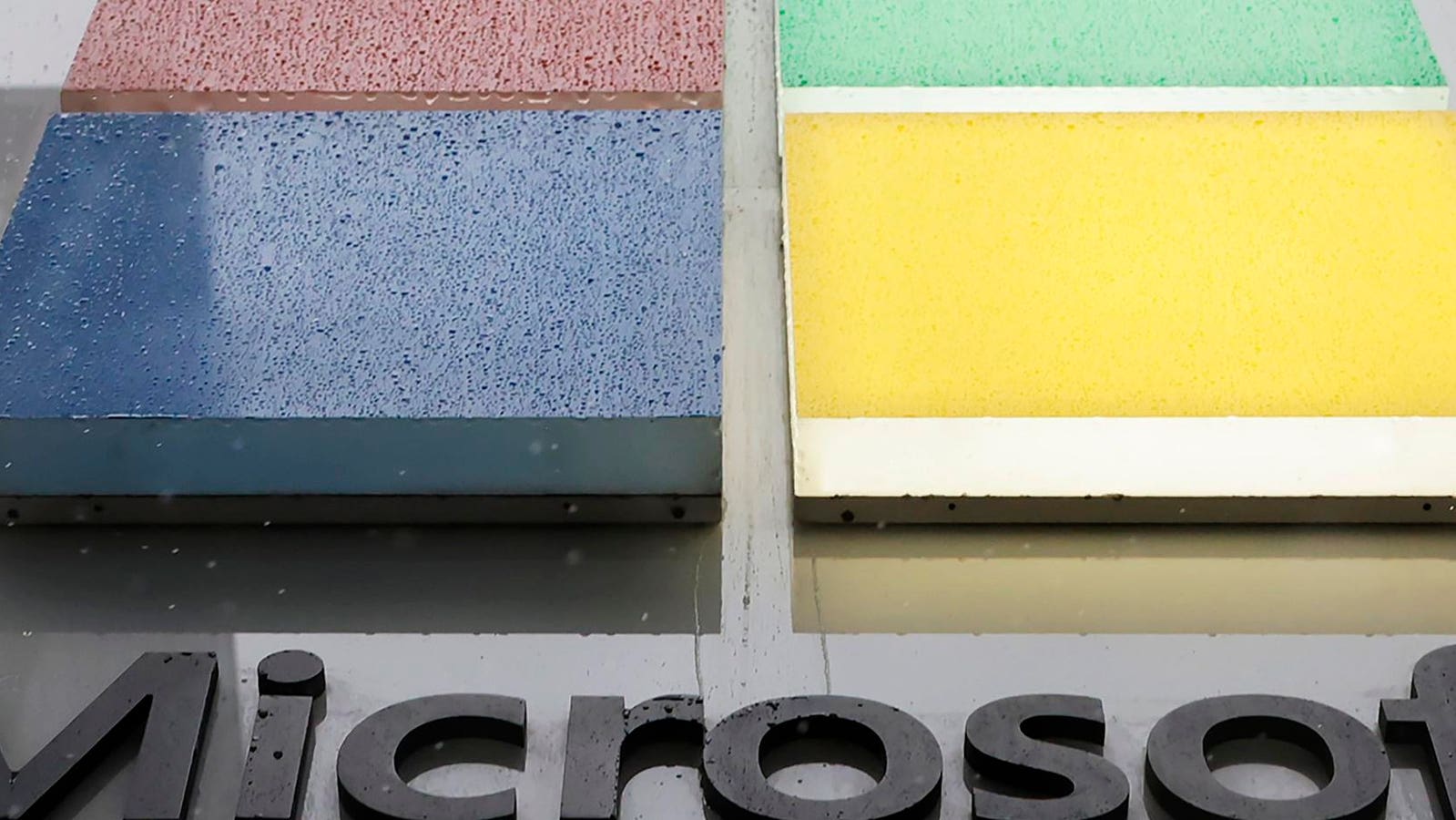Cars
Even if the European Union’s tariff tiff with the U.S. is settled with smiles on both sides, the outlook for Europe’s automakers is challenging, as China’s import thrust gathers pace and consumer demand remains weak.
Financing costs are rising, prices are high and growth prospects in Germany, Europe’s biggest economy, remain uncertain. China’s home market, traditionally a source of massive profits for the likes of BMW , Mercedes, VW and its upmarket subsidiaries Audi, Porsche and Bentley, has turned away from traditional German premium market leaders and is busily producing high-quality vehicles that can match or beat them.
This development will also pose a big threat to the Germans in Europe when China launches its premium-quality sedans and SUVs there. If potential buyers start to question the heritage of the interloper’s supercars, prices of perhaps 50% less will clinch lots of deals.
Bentley Continental coupe. Bentley is owned by Volkswagen.
President Donald Trump’s last-minute deadline extension – July 9 was supposed to be D-Day for the tariff decision – has sown confusion. At the weekend, Trump postponed auto tariffs of 25% and extended talks about tariffs until August 1. Details of the talks remain scarce, but the Wall Street Journal, quoting an unnamed EU diplomat, reported that EU Commission officials have told member states options boil down to accepting an agreement that heavily favors the U.S. or rejecting a deal and facing more unpredictability. The EU was said to be keen on an early deal that would lock in 10% tariffs on autos.
Would export-credit system work?
The EU is reportedly seeking an export‑credit system for its automakers with U.S. factories. This would be used to partially neutralize U.S. auto tariffs and would be valuable for BMW and Mercedes which have big production there.
As the dealine approached, investment banks were sanguine about tariffs, but more worried about other factors. HSBC Global Research, in a report dated July 3, said it remained unconvinced that business as usual will return soon.
“As the deadline approaches, confidence grows that a U.S. tariff deal is on its way,” said HSBC Global Research.
“The unknown unknowns still stop us from being more bullish. If earnings reflect the current tariff levels and the next move on tariffs may lower the burden, then perhaps it is time to buy the sector? The argument has merit, but we are not convinced lower tariffs will mean a return to the earnings backdrop of the past,” the report said.
“For the most part (manufacturers) are, at present, absorbing the tariffs, not wanting to disrupt ongoing negotiations,” according to the report.
Investment bank UBS said the impact of U.S. tariffs is likely to be less than feared.
European sales stagnating
S&P Global Mobility forecasts sedan and SUV sales in Western and Central Europe will remain at around 15 million in 2025.
GlobalData also expects sales in Western Europe to stagnate in 2025, climbing by 2.2% in 2026. Western Europe includes the five biggest markets of Germany, France, Britain, Spain and Italy. Current sales are still almost 2 million less than the pre-Covid level.
Germany, Europe’s biggest auto market accounting for just under 20% of total European sales, is expected to decline by 1.0% in 2025, said BMI, a Fitch Solutions company.
“(sales will decline as) persistent inflation and muted GDP growth erode purchasing power, which will keep volumes well below pre-pandemic levels,” BMI said in a report.
German prospects don’t look like improving much either, says the IFO Institute in a report.
“The German automotive industry has yet to emerge from its long-lasting slump. The Business Climate Index for the automotive industry fell slightly in June for the third time in a row, reaching minus 32.2 points, down from minus 31.7 points in May.“ said IFO Industry expert Anita Wölfl.
“The uncertain situation in global trade is coming up against what are already tougher conditions on the global sales markets. The signals from abroad are still too unclear for optimism,” she said.









